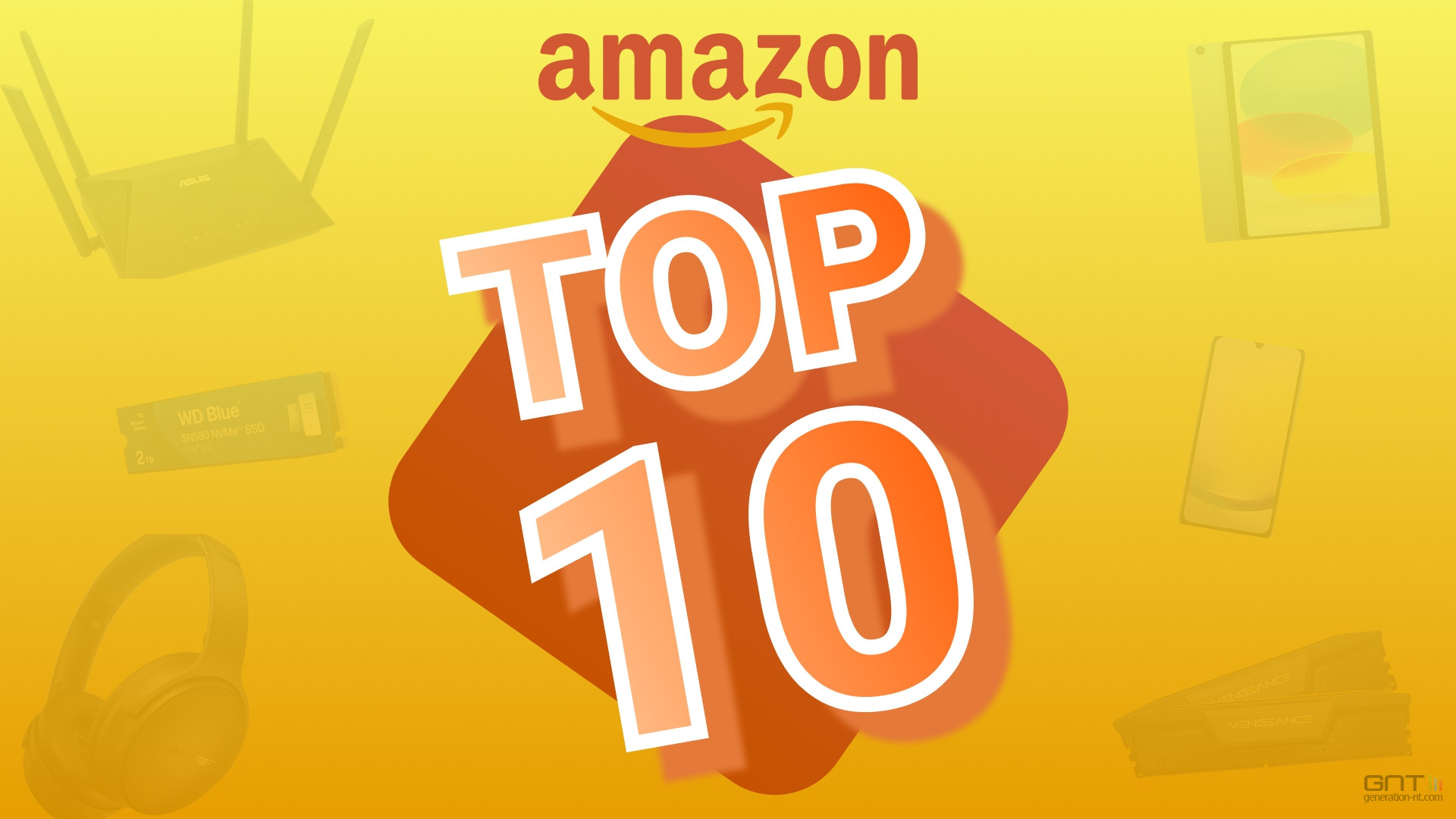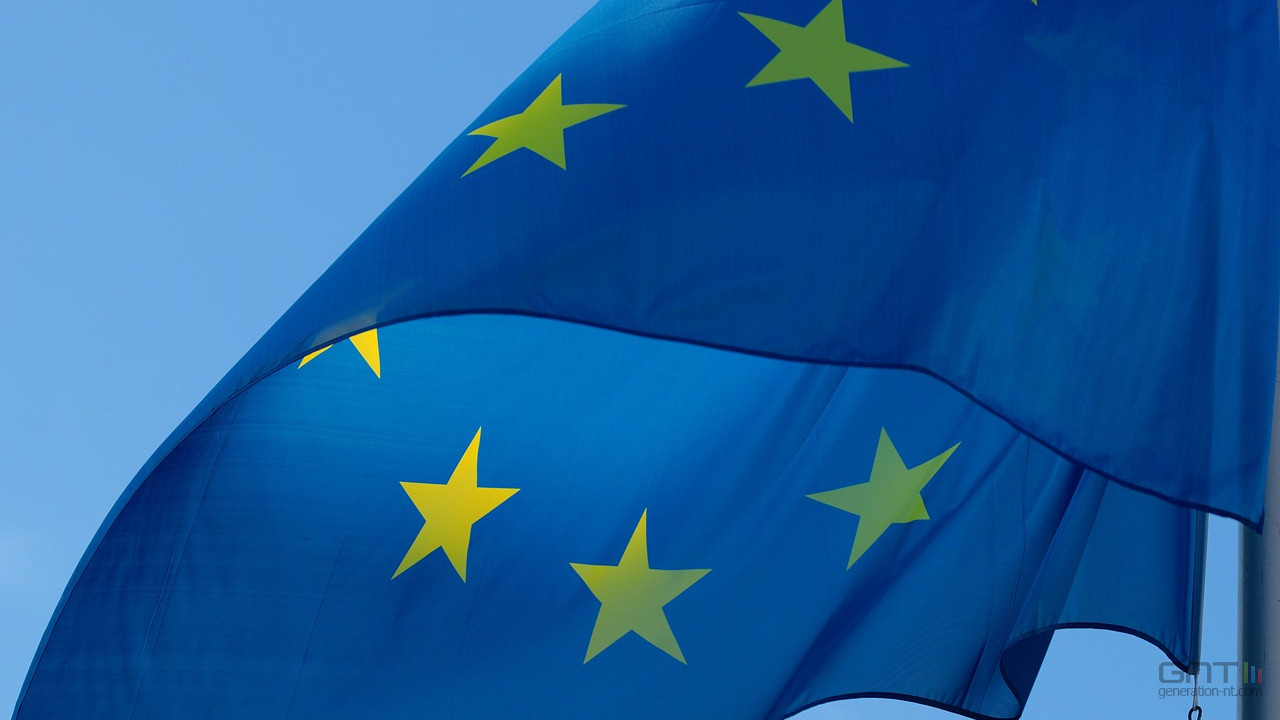Google, antitrust enforcement and the future of European digital sovereignty
Google’s antitrust worries are piling up in the US and in Europe. But the Trump administration isn’t pleased with EU regulatory efforts.
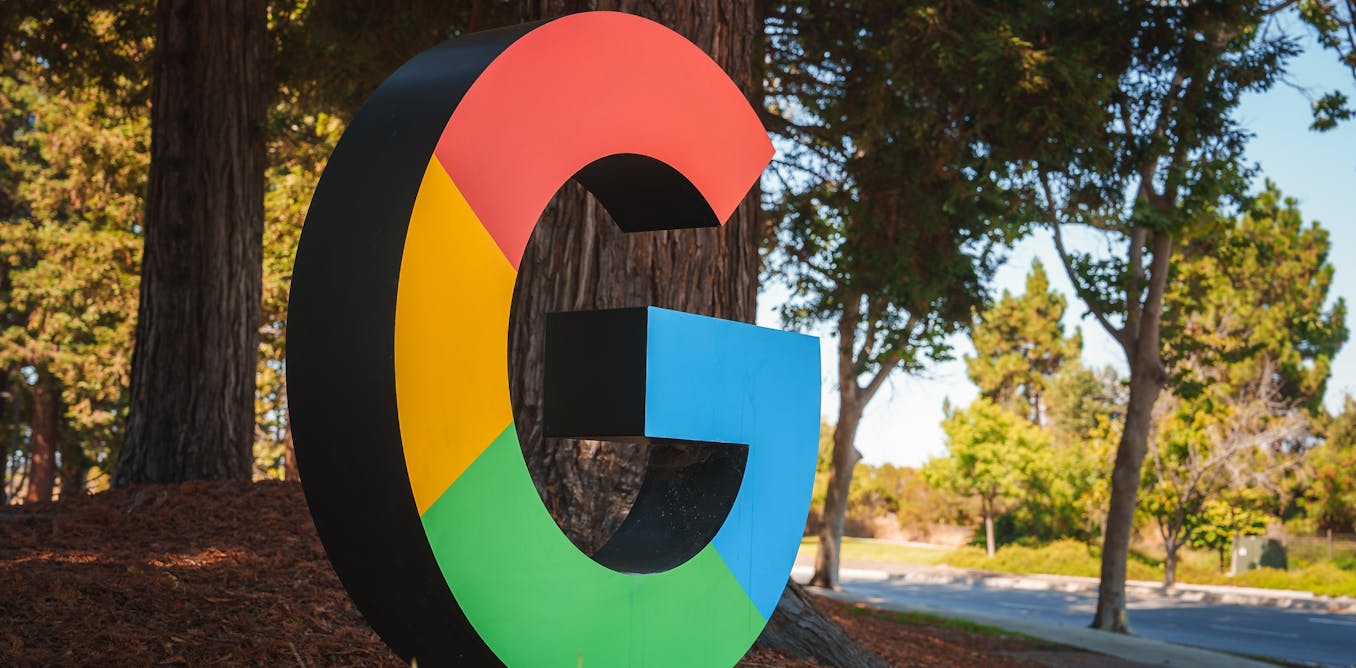
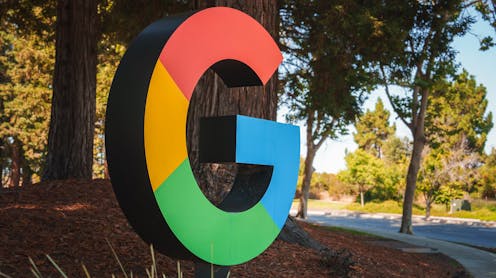
Since its beginnings as a humble student start-up in 1998, Google has pulled off a meteoric rise. In 2025, its parent company, Alphabet, is a vast multinational technology conglomerate and one of the world’s most valuable companies. While much of Alphabet’s growth was internal, it also added to its empire through shrewd acquisitions, including of Android, DoubleClick and YouTube. Since 1998, it has acquired at least 267 companies.
Alphabet is a key player in many digital markets, including general search, browsers, online advertising, mobile operating systems and intermediation. Google Search, for example, is now the most widely used general search engine in the world. Globally, its market share has been at least 78% for the past 10 years.
Unsurprisingly, antitrust agencies, whose task is to protect competition, have been taking a close look at Google’s conduct and that of other tech giants. While having market power is not illegal if it is the result of a superior product, protecting such a position by means that are not meritorious is.

A weekly e-mail in English featuring expertise from scholars and researchers. It provides an introduction to the diversity of research coming out of the continent and considers some of the key issues facing European countries. Get the newsletter!
Google’s conduct under scrutiny
In recent years, there has been growing concern that Google may be using anticompetitive means to protect and extend dominant positions in core digital markets. In 2017, 2018 and 2019, the European Commission fined Google over €8 billion for abusing dominant positions in key markets – more than any other Big Tech company to date. A fourth investigation into Google’s behaviour in the advertising technology market, in which the European Commission is likely to request structural changes to Google’s advertising business, is nearing completion. The national competition agencies of the EU member states have also actively enforced EU and national abuse-of-dominance rules. Private antitrust class actions for damages are adding to Google’s woes.
In 2022, the EU enacted the Digital Markets Act (DMA) to create an additional tool for intervening against entrenched market power in core platform markets. The DMA regulates the behaviour of so-called gatekeeper companies, aiming to make markets more contestable for competitors and fairer for users. In September 2023, the European Commission designated Alphabet as a gatekeeper in no fewer than eight platform markets for the following services: Google Search, Google Maps, Google Play, Google Shopping, Google Ads, Chrome, YouTube and Google Android.
Within days of the DMA’s conduct rules becoming binding on Alphabet in March 2024, the European Commission opened the first noncompliance investigation to assess whether Google Search was continuing to treat Alphabet’s own services more favourably than its rivals’, and whether Google Play prevented app developers from steering consumers to other channels for better offers.
For the Trump administration, EU rules amount to non-tariff restrictions
The territorial scope of these rules is limited to services offered in Europe. They do not regulate how Google operates in the United States – this is subject to US antitrust law. Nonetheless, the European Commission’s enforcement actions have provoked the ire of the current US administration. In February 2025, the White House issued a memorandum titled “Defending American Companies and Innovators From Overseas Extortion and Unfair Fines and Penalties” that takes issue with European antitrust and regulatory measures against US companies. According to the Trump administration, the EU’s rules amount to non-tariff restrictions and unfair exploitation of US companies, and they interfere with American sovereignty. The memorandum stresses that Washington will not hesitate to impose tariffs and other actions necessary to mitigate the harm to the United States.
According to the European Union, such actions would amount to economic coercion and interfere with its legislative sovereignty to decide under what conditions services are offered on European soil. In 2022, likely with the possibility of a second Trump presidency in mind, it enacted the so-called Anti-Coercion Instrument, which allows the European Commission to impose a wide range of “response measures”, including tariffs and restrictions on imports, exports, intellectual property rights, foreign direct investment, and access to public procurement. Such response measures could be imposed on US digital services.
Potential for escalation
The situation has the potential to further escalate the risk of a trade war between Europe and the United States. However, the dispute over tech regulation does not appear to be about substantive antitrust principles per se.
In 2020, the US House of Representatives issued a bipartisan report stressing the need for the United States to address the lack of competition in digital markets and the monopoly power of dominant platforms like Amazon, Apple, Facebook and Google. The Federal Trade Commission and the Department of Justice subsequently brought antitrust lawsuits against all four companies, most of which are still pending.
The Department of Justice filed two separate antitrust suits against Google in 2020 and in 2023. In the first case, a Washington DC district court in August 2024 found Google guilty of violating section 2 of the Sherman Antitrust Act, and established that Google had attempted to protect its monopoly power in the market for general search through anticompetitive means. Judge Amit P. Mehta is now determining appropriate remedies, and the Department of Justice recently reiterated its request that the judge break up Google.
The second US case against Google is still pending. The accusations in it are similar to those underlying the European Commission’s ongoing investigation into Google’s behaviour in the market for advertising technology. While the case was initiated during the Biden administration, it has not (yet) been shut down since Trump returned to power. It’s also worth noting that the new head of the Federal Trade Commission has stressed that Big Tech is a main priority of his agency. There seems to be concern on both sides of the Atlantic that Google has been restricting competition. The crux of the discord, most likely, is that European regulators are telling US companies what to do – even if on European territory.
Europe lacks equivalents to Big Tech
The European Commission appears determined to keep enforcing its antitrust rules and the DMA. On March 19, 2025, it informed Alphabet that its preliminary assessment had shown that Google’s behaviour in search and in the Google Play Store was incompatible with the DMA. Also, the first noncompliance decisions against Apple and Meta under the DMA are expected shortly – even though the fines may well stay below the maximum 10% of a company’s global annual turnover allowed by the act, in view of its novelty.
Europe is not an insignificant market for Google and other US tech companies. In 2024, Google reportedly generated 29% of its global revenue, or $100 billion, in Europe, the Middle East and Africa. Europe has no equivalents to Google or other Big Tech companies, and the EU today imports 80% of its digital technology. In September 2024, the Draghi Report issued a stark warning to bloc leaders, highlighting waning geopolitical stability and the need for Europe to focus on closing the innovation gap with the US and China in advanced technologies. Less than five months later, the European Commission published the Competitiveness Compass, a roadmap to restoring Europe’s dynamism and boosting economic growth. Strong measures from the White House in retaliation for European antitrust and regulatory enforcement might just give this process additional impetus. President Trump cannot make European tech great again, because it never was great. But his policies may unintentionally help make it so.![]()
Anne C. Witt ne travaille pas, ne conseille pas, ne possède pas de parts, ne reçoit pas de fonds d'une organisation qui pourrait tirer profit de cet article, et n'a déclaré aucune autre affiliation que son organisme de recherche.






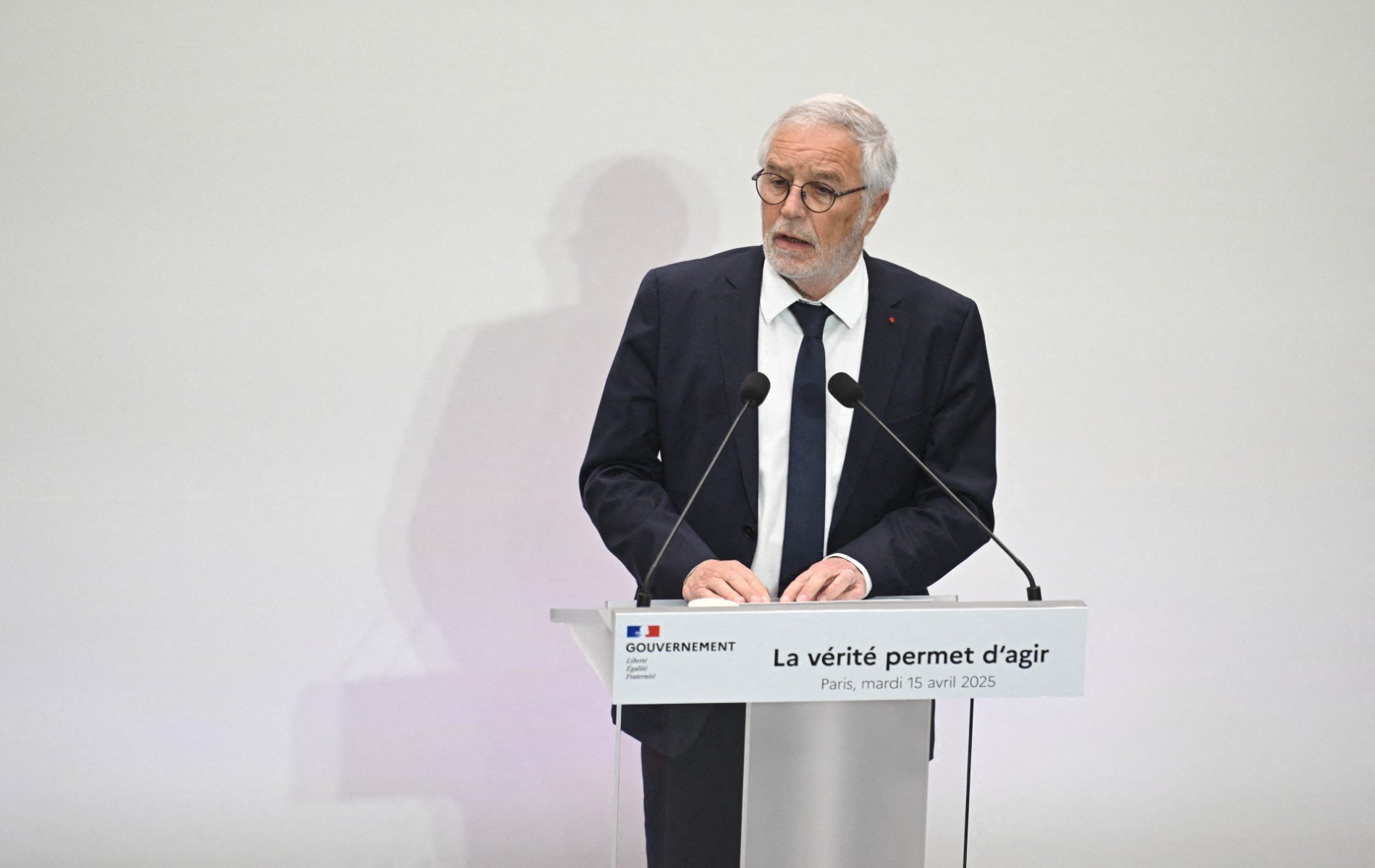

![[VU D’ARGENTINE] La relève d’un pays](https://media.bvoltaire.fr/file/Bvoltaire/2025/02/milei-616x285.jpg?#)


![[REPORTAGE] À Fontainebleau, les blessés de guerre ont désormais leur village](https://media.bvoltaire.fr/file/Bvoltaire/2025/04/whatsapp-image-2025-04-15-at-162336-616x346.jpeg?#)




























/2025/04/15/2000-1459-max-67fe5fa63ff41865259117.jpg?#)
/2025/04/15/nd-67fe6a5626381678488027.png?#)

